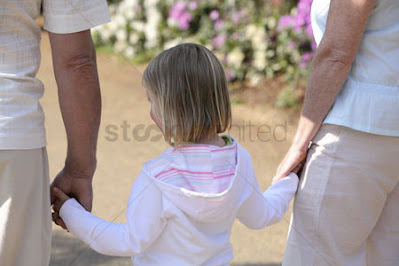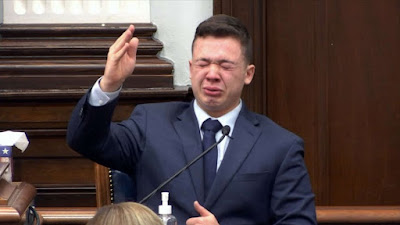I don't remember where I got this book, but I do remember looking at it several times before actually buying it. I finished reading it last night after several years of picking it up, reading a few chapters, and putting it back down. That's often how I read novels nowadays, in short spurts that add up.
I wasn't always impressed by the writing--too thick in places, like an overfilled pastry, where what I want is simpler, smoother--but when I was I was deeply impressed.
<Faith spreads the blanket over the piano. At the woodpile, she balances a log on the chopping block and hoists the ax over her head, her belly pushing her off balance. Then a contraction comes and she drops the ax. Has Ray ever said the word love? Has he ever praised Faith's beauty, or has he ever held her and whispered with his lips against her hair? How could he say those things to her last night? How could he say all the things he ever said to her?
Balancing the wood, bringing down the ax, she stops crying and gets furious. Over and over, she thinks, He has no right. She leans into the chopping, panting, fierce. The effort seems to lessen the pain. He has no right. The words fit with the rhythm of her chopping. Ugly words, from the very start. You can watch TV if you fuck me first.>
This is the author, Goldberry Long (I may have finally chosen to buy this book simply for its author's name), describing the titular character's mother, hugely pregnant with Juniper's brother Sunny Boy Blue who will, in the first sentence of the book, throw himself off a ferry on its journey between Seattle and Bainbridge Island, setting in motion the frantic, furious memories and flight of the narrator. Sunny called information from a bar on the wharf, written her number and the name Juniper Tree Burning, on the wall next to the payphone, and then thrown himself into the spray. That last sentence above is the way both she and runaway husband Ray remember as the first words he said on meeting Faith. Juniper, now living under the name Jennifer, a medical student and newly married, has a last memory of Sunny that's damaging: Sunny Boy Blue, the Backward Boy, full of cigarettes and vodka and a constant hack, kidnapped her from her own wedding for her gifts. A book of photographs and gasoline-soaked tennis balls, lit and dropped into the Rio Grande.
Later, when she leaves her husband in a panic, Jenny kidnaps her own jilted bride, Sarah, who will become her best friend, her sparring partner, and eventually, in some ways, her salvation. Together, like some mix of Runaway Bride and Thelma and Louise, but sans the violence or abuse, they are in search of...something. It's never really clear. But the drive is picturesque and the company good.
There are issues, of course, many of them. Much of the novel is told in flashback, sometimes from Jennifer's and sometimes Juniper's perspective, while much of the present is in present tense, sometimes by Jennifer, sometimes Juniper, sometimes an insistent third person narrator. None of that is an issue, and frankly I think Long did a good job with her self-determined unreliable narrator.
But there are questions we end up with: The above-mentioned thick writing, so winning in places, slows down the reading of the last chapters, when Jenny/Juniper is actually moving very fast and very chaotically, and I found myself skipping large patches of text to match my reading with the action. How did Sunny Blue Boy develop from terminally coughing, sickly, piss-smelling child to often drunk, chain-smoking, world-traveling, charming speaker of several languages? In addition to Sunny, Juniper's hippie parents, disappointed mother and dissolute father, show up to the ceremony and, except for figuring heavily in the flashbacks, then disappear from the narrative. Granted, the time in the present is only a few days, but she doesn't call or even think of them in the present. And Maggie, bar-owning mechanic, where does her incredible anger toward Jennifer come from?
But here is what Long gets right. First, there's a happy ending, and novels just don't often have happy endings any longer. (No, it doesn't involve Sunny. He remains dead.) And then this, which I didn't read until after finishing the book but which explains to me why I stayed with it for years. Not a part of the narrative, but a Note From the Author tacked onto the Reading Group Guide in my edition:
It seems to me there are many fine books about the angry young man taking his journey of self-discovery across the American landscape. There are few, however, about the angry young woman.
Now that was worth the getting through.




















